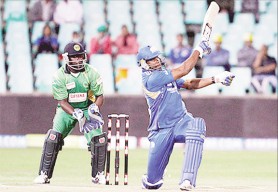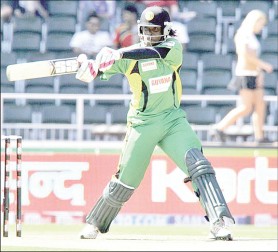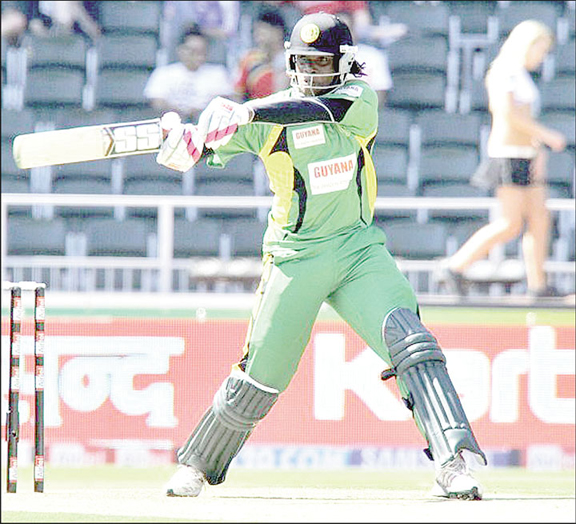What happened to the Amazon Conquerors in South Africa was a considerable and predictable humiliation. The experience provided yet another poignant lesson in the continued retrogression of our cricket. Nor is it acceptable to rationalize the wholly inadequate display in South Africa by putting it down to ‘a learning experience.’ As far as cricket is concerned Guyana cannot – by any stretch of the imagination – be categorized as a learner. We must face the truth, and that truth is that the development of the game has been retarded by our failure to plough either adequate resources or adequate planning into the game plus the fact that the available evidence provides good reason for serious misgivings about the capacity of local cricket administration to deliver what is required of it.

The T/20 version of cricket has evolved with lightning speed – in a matter of just a few years – from a scramble by players to maximize opportunity with bat or ball over 120 deliveries, to carefully thought – out formulae that thrives on specialist players possessing the capacity to ‘deliver’ significantly over a relatively short period. The requirements T/20 are considerably different from the more conventional forms of the game and the evidence in South Africa suggests that we are yet to acquire those requirements.
We have actually thought through what it takes to produce a potentially good T/20 team and even when we do we must work to produce the kinds of players who – for want of a better word – are groomed to become T/20 specialists. Other countries have done so. They have come to terms with the fact that the contemporary game – however much the purists may argue to the contrary – no longer revolves around test cricket. The players too, including a few from the region, are no longer harbouring illusions of extended test careers.
Of course, our limitations (Guyana’s and the Caribbean’s, that is) in terms of

the T/20 game, compared with most of the rest of the cricketing territories are a manifestation of the wider decline in the quality of our cricket as a whole, about which so much has been spoken and written in recent years. Indeed, one is sorely tempted to suggest that the descent of the Caribbean game into politics and palaver is a deliberate and devious distraction from the real problem, the problem of a lack of ideas as to how to catch up with the rest of the cricketing world.
Truth be told, there is really not a great deal to discuss about Guyana’s performance in the now concluded Champions Trophy except to say that while our emergence as Caribbean champions met the requirement for participation in South Africa, there was always that lingering doubt as to whether we would be up to the task of even delivering a creditable performance. Two victories would perhaps have been enough for us to make a case for suggesting that we are getting there. For the most part, we were simply not up to it.

You would think that there are lessons to be learnt from the experience, lessons that have to do with the fact that mastering the T/20 game has now been added to the various other challenges confronting our cricket. Somehow, however, one suspects that our poor showing in South Africa will be allowed to pass without any serious review or reflection and without any serious plan to do better next time. Increasingly, it seems that our cricket is going nowhere, that our administrators are both inept and distracted, that our cricketing infrastructure, both the human and physical infrastructure, is in the throes of a continual, perhaps even terminal decline and that few people are really seriously concerned about this state of affairs.
No doubt, we will continue to debate and discuss the problem. We have become proficient at talking things to death; and somehow, out of the endless discourse will probably come some short-term initiative for the game designed as much to break the monotony of the discourse as to bring about any real change in the standard of the game. Cricket is about the creation of an enabling environment that allows for the nurturing of talent and for the honing of that talent to allow us to be the best we can. Here in Guyana we are still to get past that first hurdle of creating an enabling environment. If a few sufficiently talented and sufficiently determined players are bound to come through from time to time, the game as a whole will remain caught fast in a morass of underdevelopment. That is as it has been for some years now and there is no indication that it is turning the corner.

